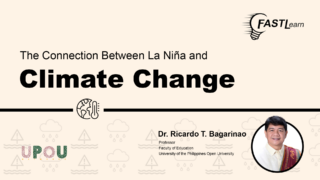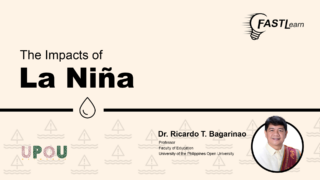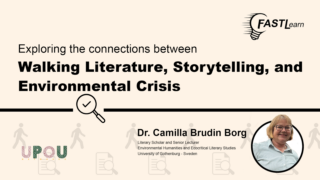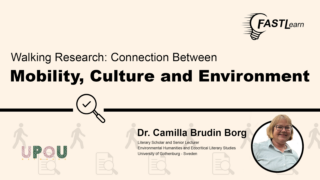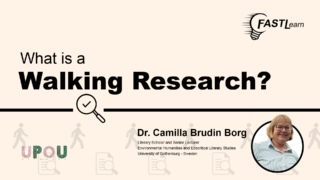How might cultural differences impact the application of ethical principles?
Cultural differences can significantly impact the application of ethical principles in various contexts, including research healthcare and everyday decision-making. Understanding and respecting this cultural variation is crucial for ensuring that ethical guidelines are applied in a culturally sensitive and relevant manner. Here’s how cultural differences may influence the application of ethical principles.
Just like I’ve said, the seven basic ethical principles should be followed. Respect to autonomy, naaapektuhan yan ng cultural variations. Beneficence, justice, informed consent, privacy and confidentiality, research participants’ relationship, understanding of risk and benefit, decision-making in the end-of-life care, lalo na yung euthanasia. There are some, or more than, globally, do not accept euthanasia except in European countries. Dito sa atin, hindi kasi we practice Catholicism, tapos may mga iba pa tayong mga religious beliefs and practices, and we do not believe in euthanasia. So, nasusubsume yan ng cultural differences yung research ethics.
Researchers and practitioners must adapt their approach to inform consent and decision-making processes, considering whether decisions are made individually or within a familiar or communal context. That’s why, say for example in cancer treatment, we do not just involve caregivers, we involve the family, kinakausap yan talaga and ineexplain, lalo na kapagka mga pediatric cancer cases. Number one, they have no right for a decision of signing an informed consent, rather they had to follow through assent informed consent. Lalo na yung mga 15 years old and below. Sa atin, 18 years old; sa ibang bansa, 15 years old and below.
Researchers and healthcare professionals need to consider diverse cultural understanding of health and well-being when designing intervention of treatments to ensure they are aligned to participants’ values. Lalo na yung mga religious beliefs and practices, mga religions such as Jehovah’s, those that don’t believe in blood transfusion, we have to consider that. Kaya naiinfluence talaga yung research ethics ng cultural variations.
Researchers need to be attentive to cultural perspectives on fairness and justice, ensuring that the design and implementation of research are sensitive to cultural norms and values, lalo na yung ating mga kapatid sa Muslim areas and sa Muslim countries. Lalo na sa design ng informed consent. We just do not say and articulate something like what we do in an area na hindi nagcoconsider ng religion as their values and beliefs.
Researchers should tailor the informed consent process to align with cultural norms, providing information in a manner that is accessible and meaningful within the cultural context of the participants. We really consider, especially those vulnerable groups, IPs. We design really. Tapos ang pagdedesign ng informed consent, lalong lalo na, because it encompasses the seven basic ethical principles, kasi we do talaga meeting with the community. Are you amendable to this one? Are you amendable? Kasi magsisign sila.
Researchers must be sensitive to cultural norms around privacy, adjusting data collection and storage practices. accordingly to respect participants’ expectations. So naka ano yan, how you will keep the data, how will you protect the participants in terms of confidentiality, agreement, etc. Sometimes we give pa nga NDA, non-disclosure agreements, apart from the informed consent.
Researchers should be aware of cultural expectations regarding interpersonal dynamics, ensuring that their approach is aligned with the cultural context in which the research is conducted.
Researchers need to consider cultural perspective on the risk and benefit when designing studies and communicating potential outcomes to participants. This is very, very true to clinical trials.












